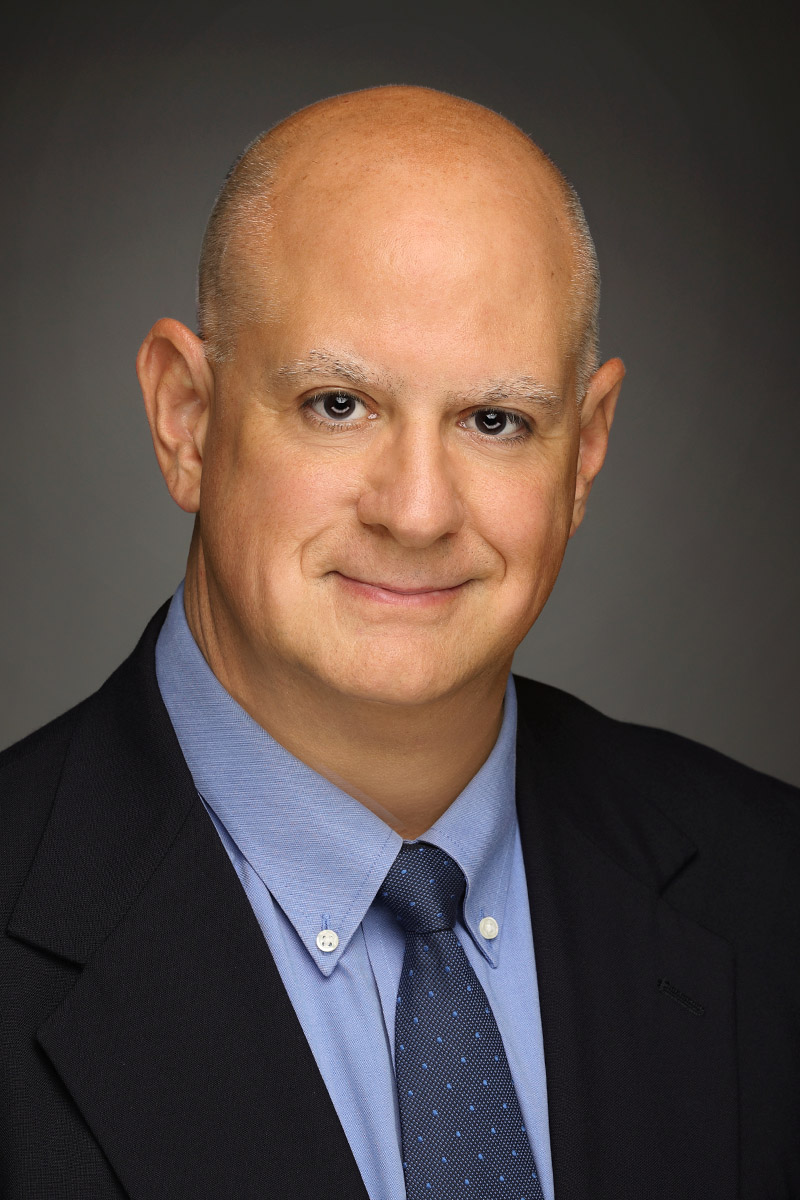Why the Supreme Court is working so hard to prove it isn’t biased
November 22, 2021
The current term of the Supreme Court may have more impact on American life than any other since the court was expanded to nine seats in 1869. Running from October to June, the current term has a series of important issues on the docket, including gun rights, abortion rights, and the death penalty.
With issues that carry so much political sway and real-life consequences for American citizens, the need for an objective Supreme Court is essential. But very few Americans would be willing to stand behind the idea that the court is objective in its rulings. The issue is especially poignant after the court first refused to review, and then refused to block, a Texas law banning abortion after six weeks– long before people often even know they are pregnant. Between decisions which appear to have political leaning, and general Democratic dislike of former President Trump’s rush to appoint new justices, public trust in the Supreme Court has perhaps never been lower. But even liberal leaning justices will tell you not to buy into the idea that Supreme Court justices use politics in their decision making.
The Supreme Court currently has nine justices, six appointed by Republican presidents, and three appointed by Democratic presidents. While questions abound in public opinion about whether or not the justices hold political leaning opinions, the justices themselves are quick to deny any such leaning. Recent Trump appointee Amy Coney Barrett said in an address to the University of Louisville earlier this month that “judicial philosophies are not the same as political parties” and added that the United States Supreme Court was “not comprised of a bunch of partisan hacks.”
Other justices on the court echoed her opinion, with Democrat appointed Justice Stephen Breyer saying, “Judges are not junior league politicians” in a discussion with the Washington Post. He also pointed out that “there are fewer dissents than you might think… between 30 and 50 percent of all our cases each year arrive at unanimous or 8-1, 7-2, something like that.” Many judges echo the statements of Barret and Beyer, insisting the court is not an institution of motivated individuals who make rulings based on their liberal or conservative points of view.
Adam Liptak, New York Times correspondent covering the Supreme Court, points out one reason justices are so unified in insisting on neutrality of their politics. “The authority of the Supreme Court… it’s a little hard to know where it comes from. Sure, it’s in the Constitution but they don’t have an army, they don’t have the power of the purse. It’s not entirely clear why we do what the Supreme Court tells us to do” Liptak said in an interview with Michael Barbaro. “Justice Breyer will often tell this story that in Bush v. Gore in 2000 when the Supreme Court handed the presidency to George W. Bush Justice Breyer was in dissent. And he didn’t like that. But what did he like? He liked the fact that a 5-4 decision is issued and there are not riots in the streets, that people do what the Supreme Court ruled.” There’s a certain need for trust, Liptak insists, for the court to continue making rulings that are upheld by the American people. Justice Elana Kagan, an Obama nomination, echoed this point when speaking at Princeton University saying that all Americans need to know “how precious the court’s legitimacy is. You know we don’t have an army. We don’t have any money. The only way we can get people to do what we think they should do is because people respect us.”
The American people’s trust, an ever-diminishing thing, is especially hard to rely on when considering President Joe Biden’s clear interest in expanding the size of the United States Supreme Court. In April, Biden announced a commission to investigate the Supreme Court’s operation, and if the need existed to expand the court. While such a move is not unprecedented, it would be a major change to the longstanding number of justices on the court. If Biden were to expand the court, potentially adding up to four new justices, it would be more critical than ever that Americans trust in the political neutrality of their Supreme Court, as four new Democratic appointed judges would shift the currently Republican appointed majority of the court.
Justice John Roberts, a George W. Bush appointee once said, “we do not have Obama judges or Trump judges, Bush judges or Clinton judges. What we have is an extraordinary group of dedicated judges doing their level best to do equal right to those appearing before them.” Whether or not Biden ends up expanding the size of the Supreme Court, in a year with more politically charged items on the docket than any in recent memory, the American public will have to hope that Roberts is right.

